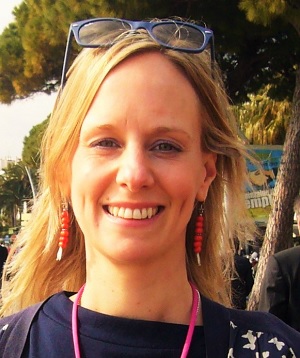DekaBank has taken a 12% stake in Berlin-based Proptech Architrave, a data management firm specialising in artificial intelligence (AI).
Deka takes equity share in proptech firm Architrave
- In Tech Watch
- 09:50, 06 February 2019
Premium subscriber content – please log in to read more or take a free trial.
Events
Latest news
Best read stories
-

Investis expands Swiss resi portfolio with €149m acquisition
- 20-Dec-2024
Swiss real estate group Investis has boosted its real estate holdings with the CHF 139 mln (€149 mln) purchase of prime residential properties in Vaud canton.
-

-
- 23-Dec-2024
Indurent gets green light for Staffordshire shed

-
- 23-Dec-2024
NBIM snaps up 80% stake in Trinity office tower

-






























